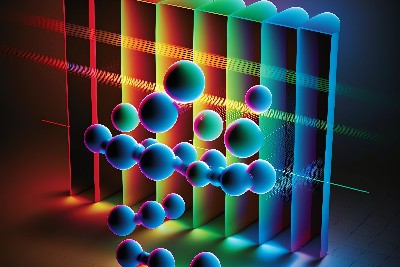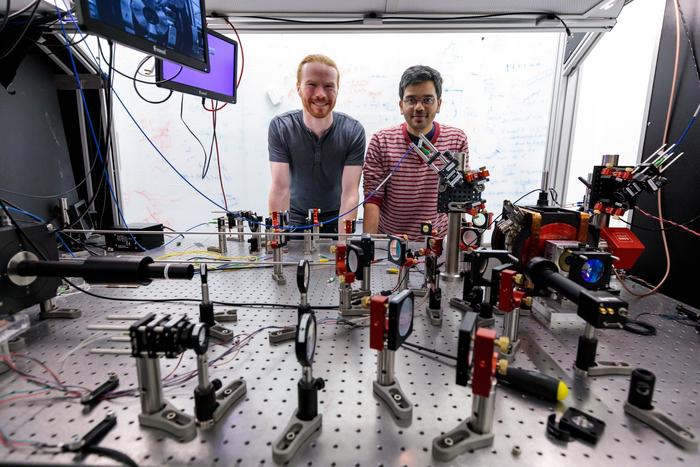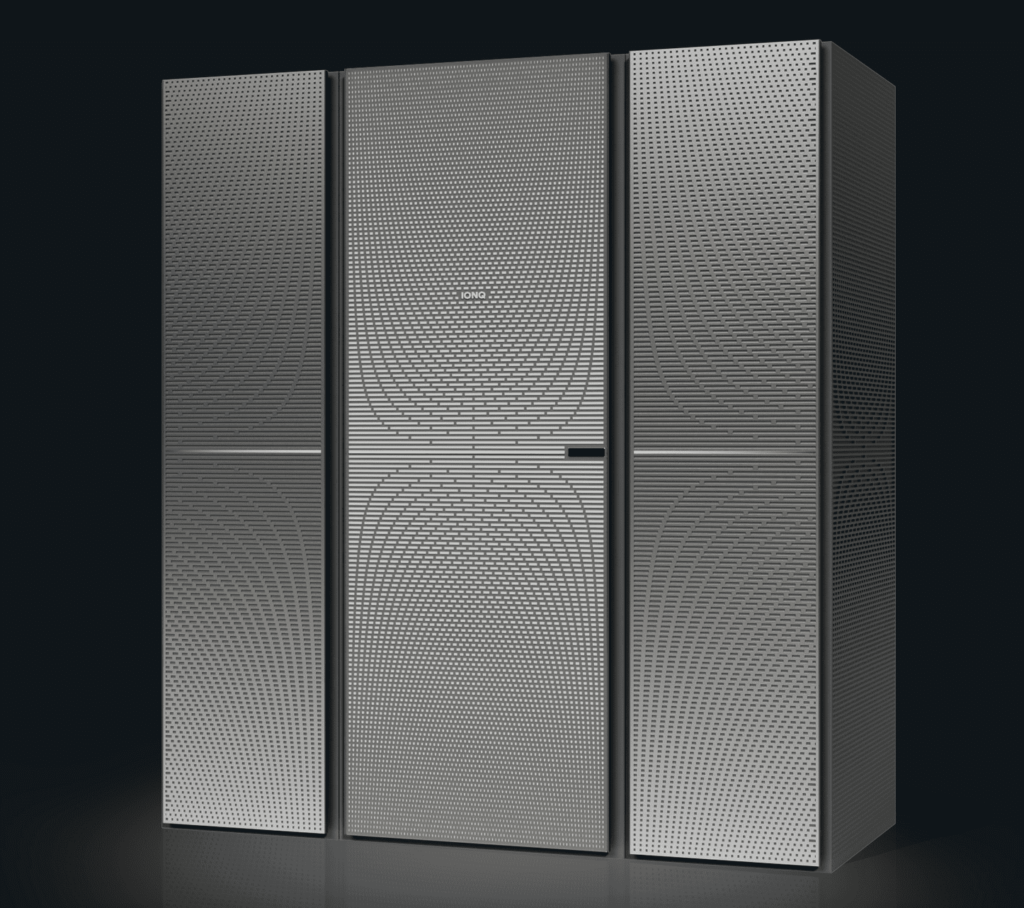Insider Brief
- Quantum technologies represent an important tool for efforts to reduce greenhouse gases. This new technique could detect and characterise molecules with greater precision.
- The technique might also be used for medical diagnostics and industrial processes.
- UK National Quantum Technologies Programme, the EPSRC Centre for Doctoral Training in Quantum Engineering, and the European Research Council supported the research.
- Image: Illustration of an optical frequency comb probing gas molecules, credit Alex Belsley
PRESS RELEASE — An innovative technique to detect and characterise molecules with greater precision has been proposed, paving the way for significant advances in environmental monitoring, medical diagnostics, and industrial processes.
The new quantum sensing method, put forward by a University of Bristol physicist, builds on the work of 2005 Nobel laureates in physics John Hall and Theodor Hänsch who developed a frequency comb technique to accurately measure optical frequencies. Frequency combs are deployed in many areas of science and industry to characterise matter based on the unique way light is absorbed.
However, the precision of optical comb spectroscopy is limited by a fundamental level of noise present in all lasers and other classical sources of light. A quantum state with reduced noise called ‘squeezed light’ can overcome this limitation and has been harnessed to improve the sensitivity of gravitational wave detectors.
In a paper published in Physical Review Letters, squeezed light is shown to significantly suppress noise over a broad set of comb frequencies used to probe an absorbing molecule.

Author Alex Belsley, Quantum Engineering PhD student, said: “This work proposes a new method for monitoring gas species in situ and with high precision. Quantum advantage in sensing can be realised today and I’m excited for the transformative impact quantum-enhanced sensors will have on our society in the coming years.”
This novel approach could potentially achieve more than a ten-fold improvement in detection limits. In addition to allowing different types of gases to be characterised at ultra-low concentrations, it can also determine important properties such as temperature and pressure with high sensitivity.
Professor Jonathan Matthews, co-director of the Quantum Engineering Technology Labs at the University of Bristol and Alex Belsley’s PhD advisor, said: “Better sensors are important to our future. Healthcare, manufacturing, environmental monitoring and new science itself, all benefit from advances in how we measure physical properties. Alex’s work shows how squeezed light can improve frequency comb spectroscopy – the next step is to explore further with experiments in the lab.”
The research was supported by funding from the UK National Quantum Technologies Programme, the EPSRC Centre for Doctoral Training in Quantum Engineering, and the European Research Council.
If you found this article to be informative, you can explore more current quantum news here, exclusives, interviews, and podcasts.




















